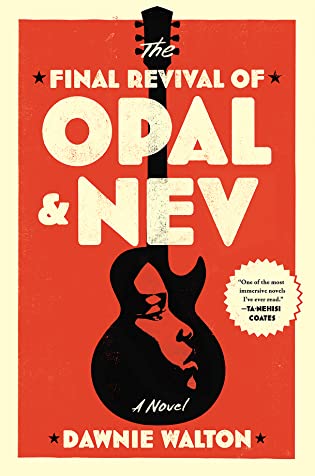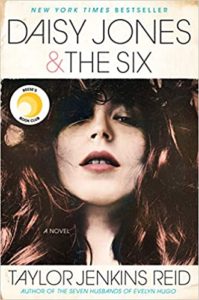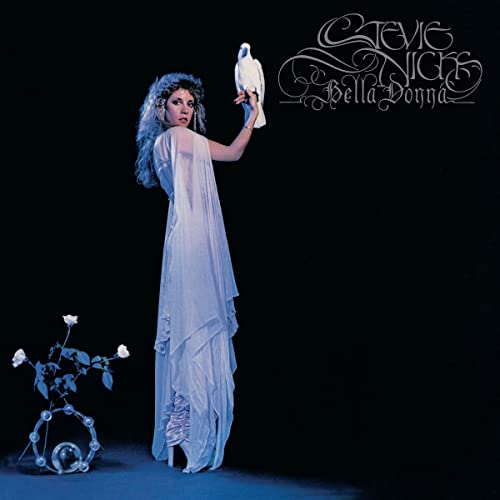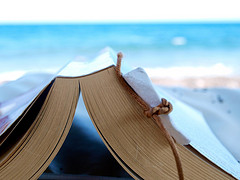 The Final Revival of Opal & Nev by Dawnie Walton
The Final Revival of Opal & Nev by Dawnie Walton Published by 37 Ink, Simon Schuster Audio on March 30, 2021
Genres: Contemporary Fiction, Historical Fiction
Length: 13 hours 17 minutes
Format: Audio, Audiobook
Buy on Amazon
Goodreads

An electrifying novel about the meteoric rise of an iconic interracial rock duo in the 1970s, their sensational breakup, and the dark secrets unearthed when they try to reunite decades later for one last tour.
Opal is a fiercely independent young woman pushing against the grain in her style and attitude, Afro-punk before that term existed. Coming of age in Detroit, she can’t imagine settling for a 9-to-5 job—despite her unusual looks, Opal believes she can be a star. So when the aspiring British singer/songwriter Neville Charles discovers her at a bar’s amateur night, she takes him up on his offer to make rock music together for the fledgling Rivington Records.
In early seventies New York City, just as she’s finding her niche as part of a flamboyant and funky creative scene, a rival band signed to her label brandishes a Confederate flag at a promotional concert. Opal’s bold protest and the violence that ensues set off a chain of events that will not only change the lives of those she loves, but also be a deadly reminder that repercussions are always harsher for women, especially black women, who dare to speak their truth.
Decades later, as Opal considers a 2016 reunion with Nev, music journalist S. Sunny Shelton seizes the chance to curate an oral history about her idols. Sunny thought she knew most of the stories leading up to the cult duo’s most politicized chapter. But as her interviews dig deeper, a nasty new allegation from an unexpected source threatens to blow up everything.
Provocative and chilling, The Final Revival of Opal & Nev features a backup chorus of unforgettable voices, a heroine the likes of which we’ve not seen in storytelling, and a daring structure, and introduces a bold new voice in contemporary fiction.
This book is AMAZING. I highly recommend listening to it on audio, as it’s read by a full cast including some pretty major players: Bahni Turpin, an award-winning audiobook narrator, voices Opal Jewel, and Tony-winning actor André De Shields (Hermes in Hadestown) voices Virgil LaFleur, Opal’s stylist and best friend. I wanted for those two characters, in particular, to be real people so that I could hang out with them and just listen to their stories. I loved everything about this book: the audiobook narration, the references to social media, the Rolling Stone-type magazine Sunny writes for, and the interview-style format.
I’m sure that fans of Daisy Jones & The Six would like it, but for me, it goes even deeper than that book to expose issues of sexism and racism in music. The story is both a fascinating look at rock’s history and its present. Dawnie Walton writes with authority on the subject, and as a lifelong music lover, it was so refreshing and fun to read about its history in a book like this. Walton couldn’t have bundled more of my personal interests into one book if she had tried—in fact, all she needed to do was make one of the characters a bread baker, and there’s literally nothing else to add. I highly recommend it to anyone who loves music.
 Daisy Jones & The Six by
Daisy Jones & The Six by 

 It feels each day like fall is just around the corner. Fall makes me think of tea. I truly wish we had a little tea place like
It feels each day like fall is just around the corner. Fall makes me think of tea. I truly wish we had a little tea place like 
